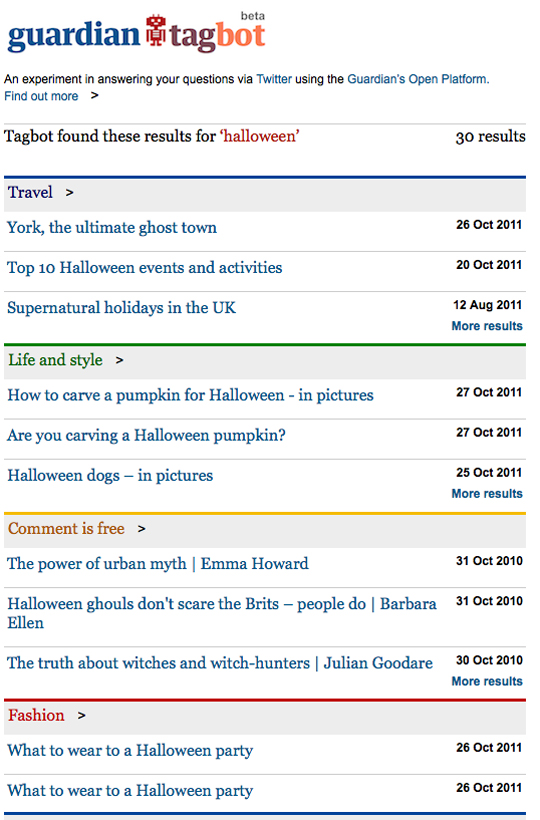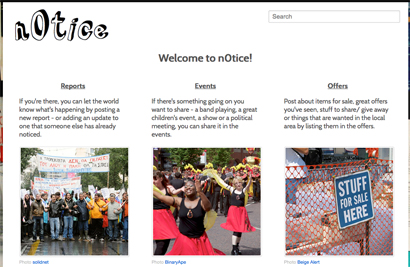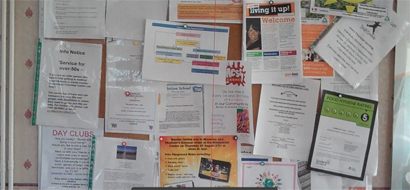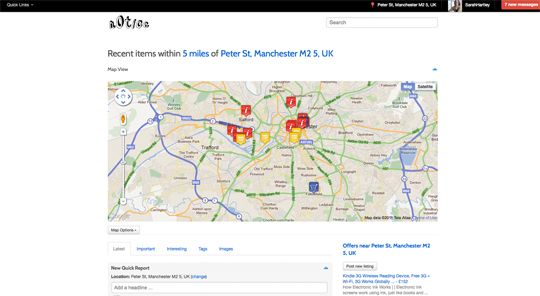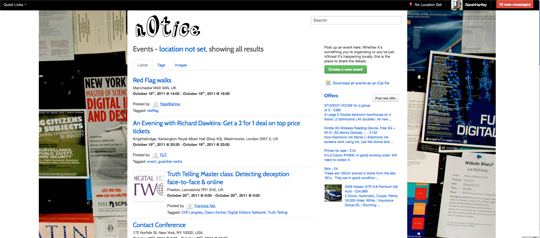Fifteen times more links to Mail Online articles are shared worldwide via StumbleUpon than on Twitter, according to a study by Searchmetrics.
During the six month period analysed, just over half (50.78 per cent) of links to Mail Online articles were shared on StumbleUpon, with Facebook activity (likes, shares and comments) accounting for 45.87 per cent and links on Twitter just 3.21 per cent.
More than half (56.77 per cent) of the Guardian’s social links came from Facebook, with StumbleUpon accounting for 31.35 per cent and Twitter 10.98 per cent, according to the study.
In a release, Dr Horst Joepen, CEO of Searchmetrics said:
Some people we have shown this data to have been surprised at the volume of links generated for UK newspapers on the StumbleUpon social bookmarking site. This is a very popular site globally and the links could have been generated throughout the world from English speakers who use StumbleUpon.
The most frequently shared content on the Mail Online was said to be an article (with images) about the earthquake in Japan which had been shared 392,521 times on the monitored social sites. The Guardian’s most frequently shared content was reportedly a humorous quiz discussing quotes from Muammar Gaddafi and Charlie Sheen.
The Mail Online’s top three most frequently shared articles:
1. The big pictures: The moment Japan’s cataclysmic tsunami engulfed a nation = 392,521 links
2. Amy Winehouse, 27, found dead at her London flat after suspected ‘drug overdose’ = 253,561 links
252,650 links
The Guardian’s top three most frequently shared articles:
1. Charlie Sheen v Muammar Gaddafi: whose line is it anyway? = 363,938 links
2. Detroit in ruins = 210,468 links
3. Revealed: US spy operation that manipulates social media = 187,987 links
The Mail Online and the Guardian are the most visible UK newspaper websites on social networks such as Facebook, StumbleUpon and Twitter, according to a separate 10-week study by Searchmetrics, which analysed how often content from 12 leading newspaper sites was shared on six popular social networking and bookmarking sites.
Mail Online came out on top, with links to its pages being shared 2,908,779 times a week on average. The Guardian came second with an average 2,587,258 links being shared on social sites every week.
The Searchmetrics study monitored links shared on Facebook, Twitter, LinkedIn, StumbleUpon, Delicious and Google+ over a period of 10 weeks.
Average social links per week of UK newspaper websites
- Mail Online = 2,908,779 links/week
- Guardian= 2,587,258 links/week
- Telegraph = 879,783 links/week
- Independent = 617,148 links/week
- The Sun = 195,311 links/week
- FT = 83,382 links/week
- Daily Record = 82,151 links/week
- Mirror = 54,881 links/week
- Herald Scotland = 13,063 links/week
- Express = 9,600 links/week
- Daily Star = 702 links/week
- The Times = 256 links/week
Seachmetrics’ CEO Joepen added:
Social news – that is news and articles that are shared or recommended by your friends and followers on social sites – is potentially an important source of traffic for online news sites.
It’s worth noting that search engines, such as Google and Bing are starting to include popularity on social networks as a factor when judging the quality of web pages and how they should be ranked in search listings. So it’s important for news and other web sites to build and monitor visibility on social sites if they want to rank highly and attract visitors via search.
The data for the study was taken from the global social media database which Searchmetrics operates to power its online software tools.


